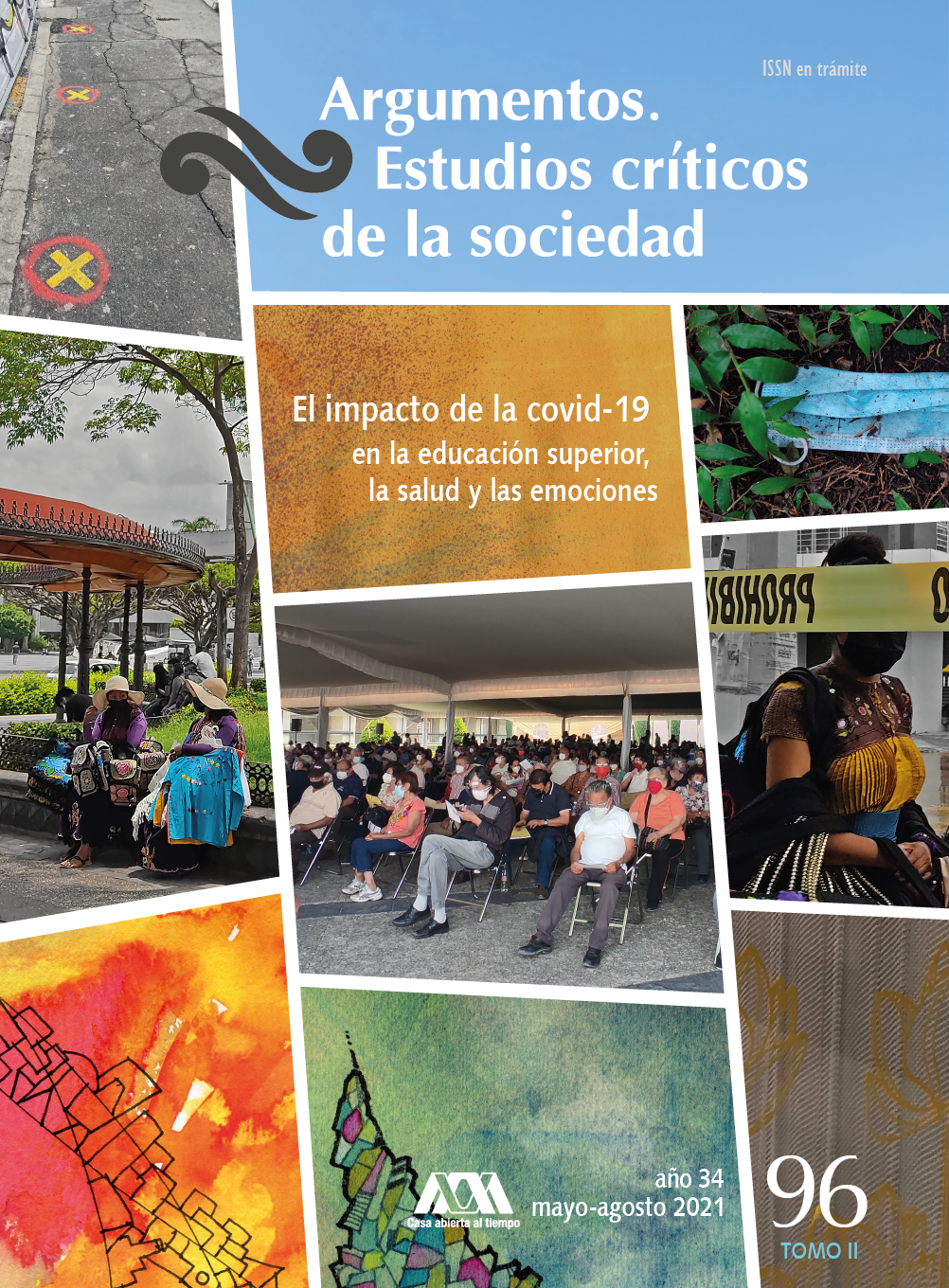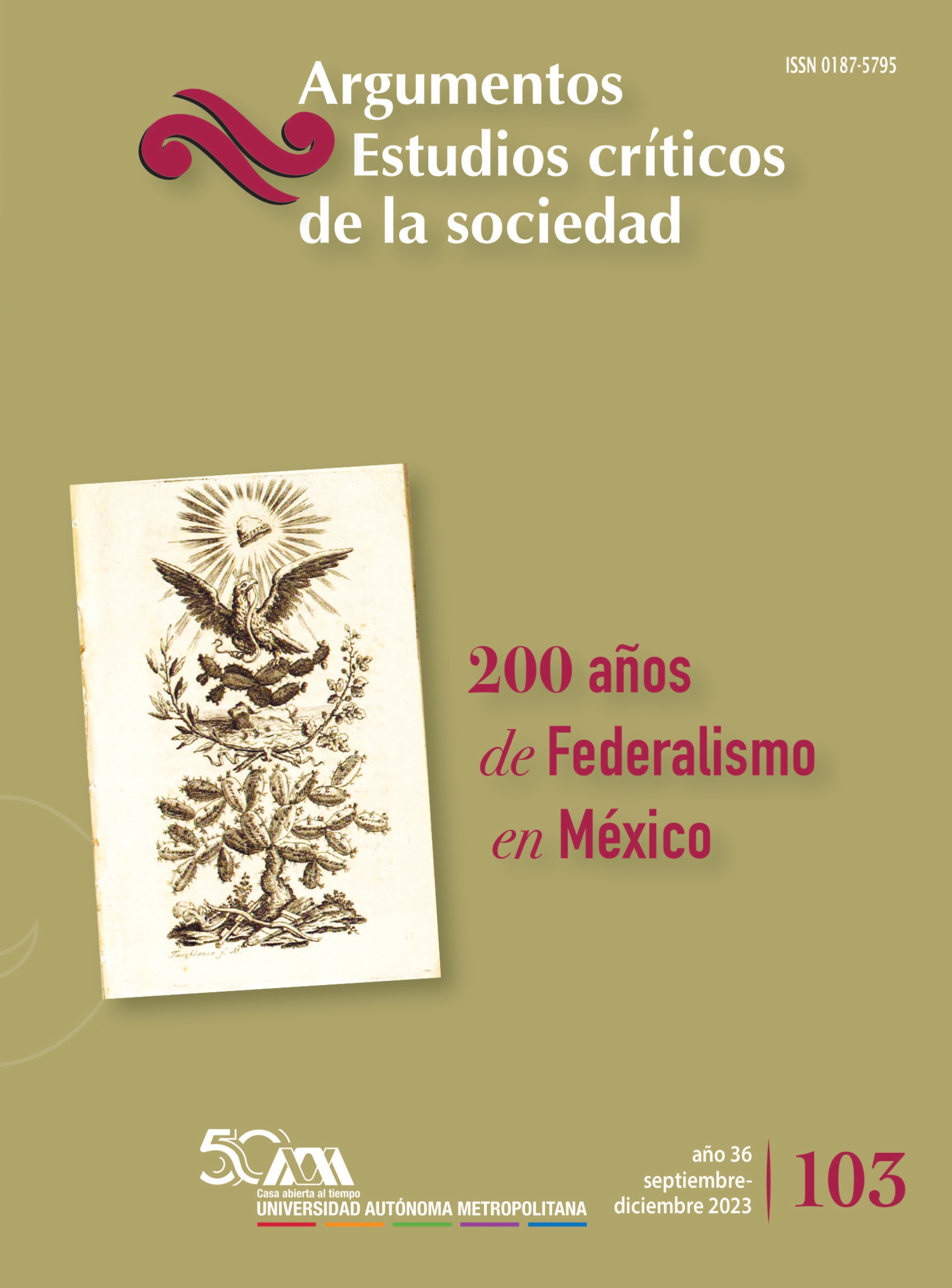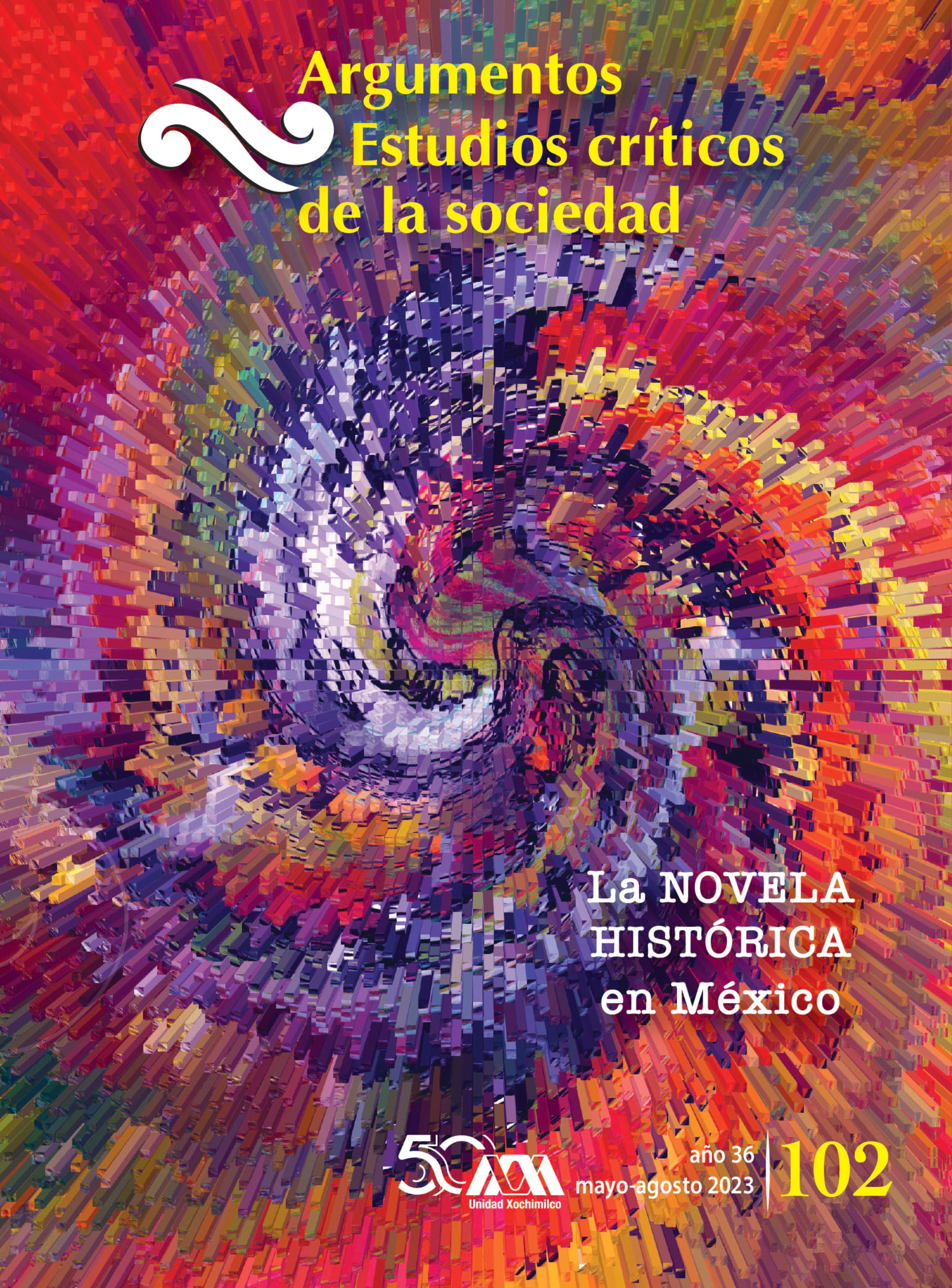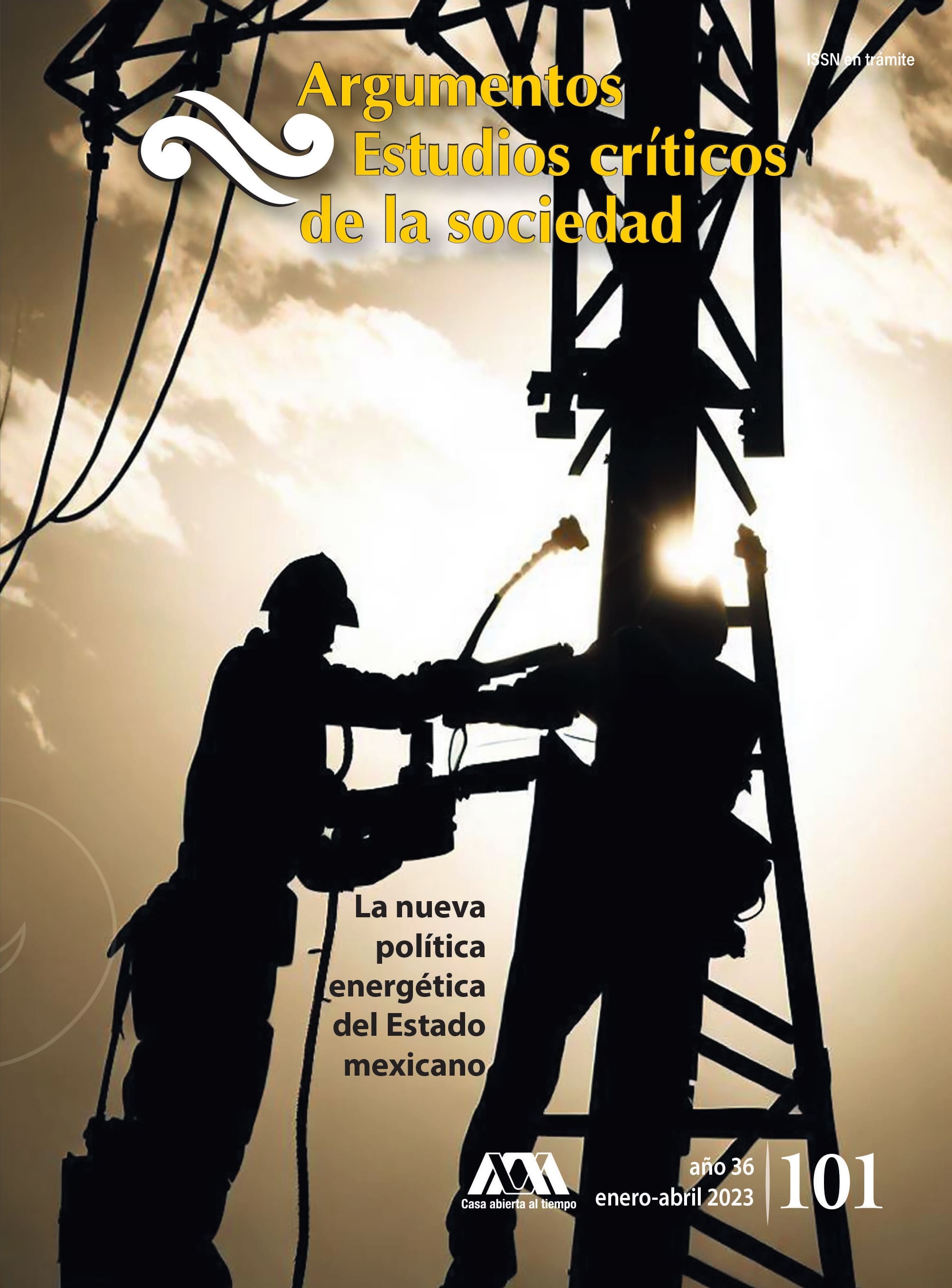¿Sano, independiente y productivo? Ninguna dura para siempre
Algunas ideas para poner en duda la capacidad desde el lente de la discapacidad
DOI:
https://doi.org/10.24275/uamxoc-dcsh/argumentos/2021962-09Keywords:
Disability, ability, ableism, critical disability studiesAbstract
This paper argues that a critical approach to disability might help in doubting about the idea of ability, in reveling the myths imposed over the body and the mind of those apparently able. Via building bridges among those able and those disabled this paper presents the ideaof a citizenship rooted in the main characteristics of the human condition: fragility, uncertainty and ephemerality.
References
Abberley, P. (1987). “The Concept of Oppression and the Development of a Social Theory of Disability”, Disability, Handicap & Society, 2(1), pp. 5-19.
Barnes, C., M. Oliver y L. Barton (2002). Disability Studies Today. Oxford: Polity Press.Barton, L. (2001). “Sociología y discapacidad: algunos temas nuevos”, Discapacidad y Sociedad. Ediciones Morata, p. 284.
Berman, M. (1988). All that is solid melts into air: The experience of modernity. Nueva York: Penguin Books.
Campbell, F. K. (2008a). “Exploring internalized ableism using critical race theory”, Disability & Society, 23(2), pp. 151-162.
Campbell, F. K. (2008b). “Refusing Able(ness): A Preliminary Conversation about Ableism”, Media and Culture Journal, 11(3), julio.
Ferguson, P. M. y E. Nusbaum (2012). “Disability Studies: What Is It and What Difference Does It Make?”, Research and Practice for Persons with Severe Disabilities, 37(2), pp. 70-80.
Goodley, D. (2014). Disability Studies. Theorising disablism and ableism. Nueva York: Routledge.
Greenstein, A. (2015). Radical Inclusive Education. Disability, teaching and struggles for liberation. Nueva York: Routledge.
Harvey, D. (2000). “The body as an accumulation strategy”, Spaces of Hope, Edinburgh: Edinburgh University Press, pp. 97-116.
Hughes, B. (1999). “The Constitution of Impairment: Modernity and the aesthetic of oppression”, Disability & Society, 14(2), pp. 155-172.
Kristeva, J. (2013). “A Tragedy and a Dream: Disability Revisited”, Irish Theological Quarterly,78(3), pp. 219-230.
Marx, K. y F. Engels (1966). Manifesto of the Communist Party. Moscú: Progress Publishers.
Mawyer, R. (2005). “The postmodern turn in disability studies”, Atenea, 25(1), pp. 61-76.
McRuer, R. (2002). “Compulsory Able-Bodiedness and Queer/Disabled Existence”, Disability Studies: Enabling the Humanities, pp. 88-99, Nueva York: Modern Language Association.
Oliver, M. (2009). Understanding Disability. From Theory to Practice. Nueva York: Palgrave Macmillan.
Organización de las Naciones Unidas (ONU)(2007). Convención sobre los Derechos de las Personas con Discapacidad, enero, 24, A/RES/61/106.
Organización Mundial de la Salud (OMS)/Banco Mundial (BM) (2011). World report on disability. Ginebra, Suiza: World Health Organization.
Palacios Rizo, A. (2008). El modelo social de la discapacidad: orígenes, caracterización y plasmación en la Convención Internacional sobre los Derechos de las Personas con Discapacidad. Madrid: Cermi/Editorial Cinca.
Sontag, S. (1978). Illness as a metaphor. Nueva York: Farrar, Straus and Giroux.
Sothern, M. (2007). “You could truly be yourself if you just weren’t you: sexuality, disabled body space, and the (neo)liberal politics of self-help”, Environment and Planning D: Society and Space, 25(1), pp. 144-159.
Weeber, J.E. (1999). “What could I know of racism?”, Journal of Counselling and Development, invierno, pp. 20-23.
Wendell, S. (1989). “Toward a Feminist Theory of Disability”, Hypatia, 4(2), pp. 104-124.
Winter, S. (2003). “Unsettleing the Coloniality of Being/Power/Truth/Freedom. Towards the Human, After Man, its Overrepresentation-An argument”, CR: The New Centennial Review,3(3), pp. 257-33.
Wolbring, G. (2008). “The Politics of Ableism”, Development, 51(2), pp. 252-258.








